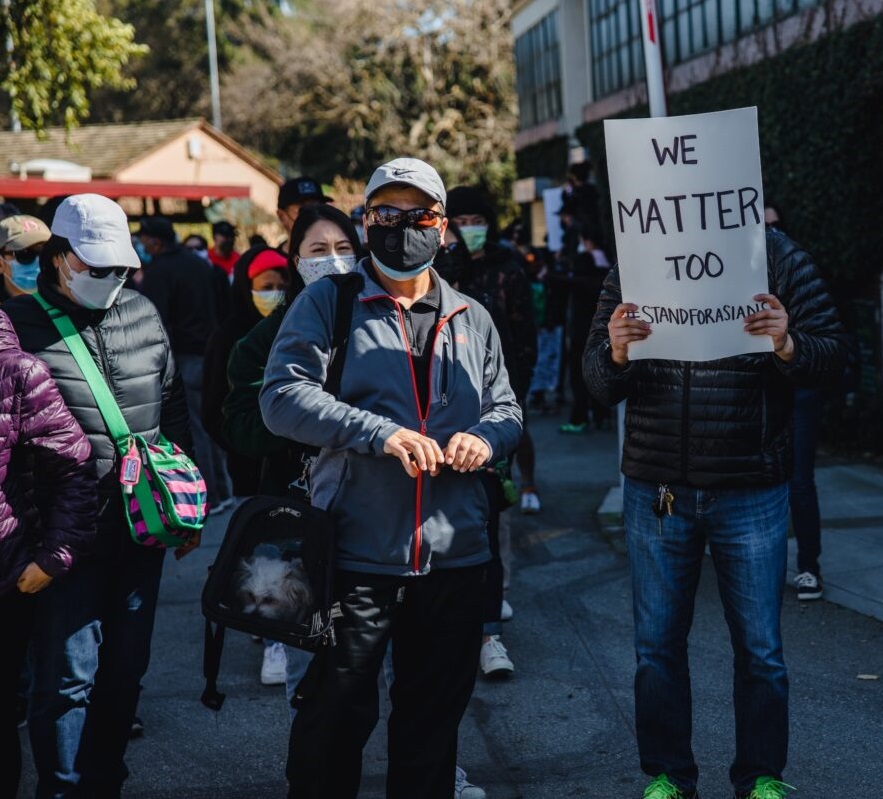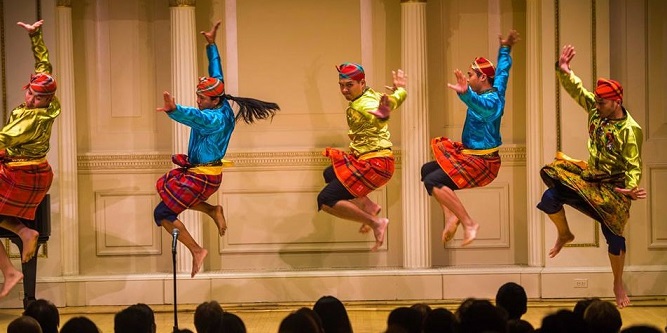Inflation, not hate crimes, is top priority for Asian American voters

By Sunita Sohrabji
Rampant inflation in all sectors of the U.S. economy is the top concern for AAPI voters, concluded the Pew Research Center in a survey released this week.
The data was drawn from a survey of 7,006 Asian American voters, conducted from July 2022 to January 2023. The survey was offered in six languages: Chinese (Simplified and Traditional), English, Hindi, Korean, Tagalog and Vietnamese.
Asian Republican voters are more likely than their Democratic counterparts to view inflation as the most important issue facing the community they live in. Some 58% of Asian American Republicans cite inflation as their top concern, while violent crime came in second. About 32% of Asian American Democrats say inflation is their top concern, with economic inequality coming in second, and climate change and racial discrimination tying for third.
Raucous Republican debate
Jobs and the economy are among the topmost concern for Latino voters as well, concluded panelists at a Sept. 26 briefing organized by the Brennan Center for Justice.
While most Republican presidential candidates skirted around the issue during a raucous debate Sept. 27 evening former South Carolina governor — hosted by Fox Business and Univision — Nikki Haley outlined her detailed plan to uplift the middle class. “We are paying higher gas prices, higher grocery prices, amounting to $7,000 more a year for families.”
Haley outlined a plan of tax cuts, concluding: “Let’s focus on what it takes to get cash back into workers’ pockets.”
Child tax credit
Sen. Tim Scott, R-South Carolina, addressed the fact that many parents are spending more than half their paychecks on child care, with costs up to $15,000 per year per child. “When I helped write the Tax Cuts and Jobs Act, we actually lowered a single mother’s taxes by 70 percent on the federal level, for dual-income households by 60 percent. Then we went a step further. We doubled the child tax credit and made it refundable.”
“By doing that, more parents had more resources to make the decisions how to take care of their family. The one thing we should do is let the American people keep their money. When that happens, the greatest opportunities rise from the ashes,” said Scott.
Income inequality
Forty-three percent of foreign-born Asian Americans cite inflation as their top priority. Asian registered voters born in the U.S. are slightly more likely than their immigrant counterparts to view economic inequality as the most important issue facing their community, according to the Pew survey.
Narrowing it down by AAPI subgroup, 28% of Japanese Americans cite income equality as the biggest issue currently facing the US.
15% of Indian registered voters say climate change is the most important issue facing their community. Among other AAPI subgroups, climate change ranked in single digits, in terms of priorities.
Racial discrimination
Surprisingly, given the uptick in hate crimes aimed at the AAPI community over the past three years, addressing racism and racial discrimination is not a top priority for AAPI voters of either party. Only 6% of Republican AAPI voters and 11% of Democrats cite racial discrimination as a top concern.
Also surprisingly, given the community’s fervor for getting into good schools and universities, just 3% of AAPI voters from either party cite education access and quality education as a top priority. Health is also a low priority for voters from both parties.
Gun control
Conspicuously absent from the Pew survey was the issue of gun control. A survey released jointly last year by APIAVote, AAPI Data, and Asians Americans Advancing Justice-AAJC noted that 77% of AAPI voters said the U.S. needs stronger gun laws. And a Gallup poll released in July of 2022 noted that 57% of Americans want stricter gun laws, even as 45% said they had a gun in their home.
The Pew survey also found that 97% of Asian American voters believe a candidate’s policy positions are more important than their race or ethnicity when deciding whom to vote for. At the same time, 68% say it’s extremely or very important to have a national leader who can advance the concerns of the U.S. Asian community. This is especially relevant as — for the first time in history — two Asian Americans, Haley and biotech billionaire Vivek Ramaswamy — vie for the Republican nomination. Neither candidate has attempted to make inroads into the AAPI community, choosing to demonize China instead. — Ethnic Media Services











